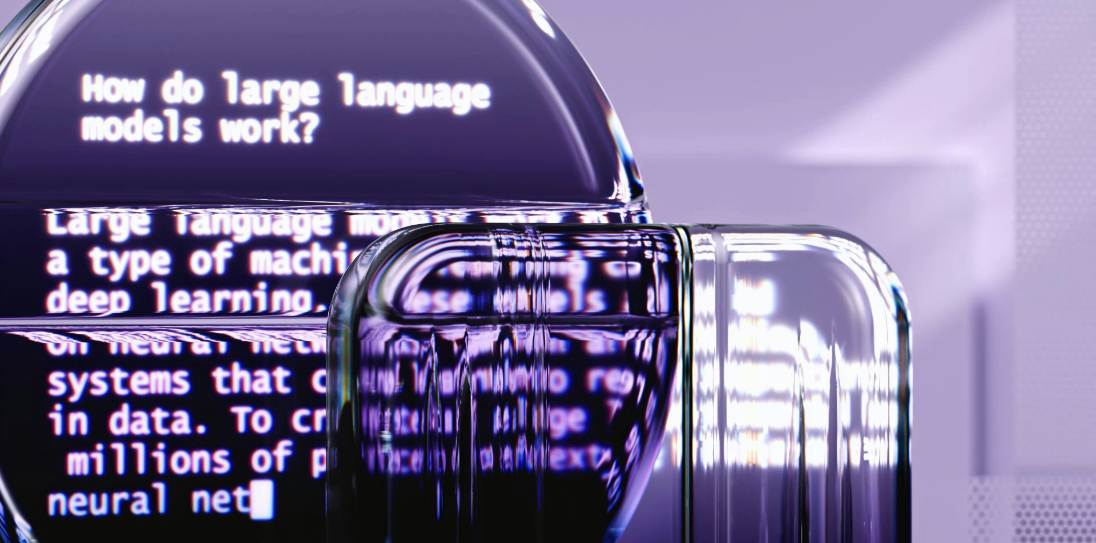The field of artificial intelligence (AI) is experiencing unprecedented advancements, with significant developments in AI distributed operating systems, voice interaction capabilities, and breakthroughs from notable AI research labs like Anthropic. This article delves into these salient topics, exploring their implications, technological advancements, and potential future trajectories. .
**AI Distributed Operating Systems: A New Paradigm**
AI distributed operating systems (OS) represent a groundbreaking shift in how AI applications are prioritized, processed, and scaled. Unlike traditional monolithic systems that operate on a single machine, distributed OS leverage multiple interconnected devices to manage resources dynamically. This decentralization is particularly beneficial for handling massive datasets that are increasingly prevalent in AI training.
One prominent player in the AI distributed OS landscape is Kubernetes, which is widely used for automating the deployment, scaling, and management of containerized applications. With the integration of AI capabilities, Kubernetes can optimize resource allocation dynamically based on real-time analytics and workloads. This is particularly important as the demand for computational power escalates, driven by AI’s data-intensive nature. .
Several tech giants are investing in developing AI-oriented distributed systems. Google has rolled out TensorFlow Extended (TFX), a production-ready machine-learning platform that allows for distributed training across multiple nodes. This enables researchers and developers to parallelize AI model training, reducing time and resource consumption significantly. Moreover, TFX supports CI/CD pipelines, ensuring seamless integration and continuous improvement of machine learning models. .
As AI applications grow in complexity, distributed operating systems will allow for improved collaboration among AI models. Research indicates that such systems can facilitate federated learning, a machine learning technique where multiple decentralized devices collaboratively train a model while keeping data localized. This addresses data privacy concerns while still leveraging the collective intelligence of distributed data sources. .
**AI Voice Interaction: Making Conversations More Human-like**
Voice interaction technology has made remarkable strides, primarily driven by advances in natural language processing (NLP) and deep learning. With AI voice interaction, machines can now understand, interpret, and respond to human speech with increased accuracy and relevance, creating a seamless communicational bridge between humans and machines.
Key developments in AI voice interaction are epitomized by the work of companies like Google, Amazon, and Microsoft. Google Assistant has made headlines for its continued evolution, now capable of engaging in conversations that feel more natural due to its contextual understanding of dialogue. Meanwhile, Amazon’s Alexa has also seen upgrades in voice recognition and comprehension, offering users personalized experiences based on their interaction patterns.
A notable breakthrough in voice interaction came with the introduction of the Whisper model by OpenAI, which provides robust automatic speech recognition (ASR) capabilities. Whisper has been praised for its versatility, understanding various accents and dialects, making it one of the most promising AI models in voice technology. This versatility opens new avenues for applications across various industries—including healthcare, education, and customer service. .
The AI community is also paying great attention to ethical considerations surrounding voice technologies. The potential for misuse—such as generating misinformation or impersonating individuals—has led to increased scrutiny and calls for frameworks that ensure responsible usage. Researchers advocate for transparent algorithms and greater user control over voice data to mitigate privacy concerns. .
**Anthropic Claude: Entering the Arena with Competitive Edge**
Anthropic, a notable AI research company, has become renowned for its development of Claude, a language model designed to compete with other existing models such as OpenAI’s ChatGPT and Google’s Bard. Named after Claude Shannon, the founding figure in information theory, Claude is crafted with an emphasis on safety and alignment in AI interactions.
Claude distinguishes itself through an iterative training approach that focuses on ethical AI practices, ensuring that the model reflects human values more effectively. This has been a primary focus for Anthropic, aiming to reduce risks associated with deploying powerful AI systems. Claude has showcased impressive capabilities in generating text, executing natural language queries, and even assisting in programming tasks, positioning it as a formidable contender in the AI landscape. .
Recent updates to Claude include features that enhance its conversational abilities, making interactions feel more intuitive and human-like. Researchers have emphasized the importance of AI systems that not only understand language contextually but also exhibit emotional and ethical understanding. The aim is to create AI that acts not just as a tool but as a partner for diverse applications.
Anthropic’s emphasis on user safety is remarkable in its approach. For instance, Claude has been fine-tuned with a feedback mechanism that allows users to flag inappropriate or harmful responses, thus improving the model over time. This iterative feedback loop is critical in aligning AI behavior with user expectations and societal norms. .
**Conclusion: The Road Ahead for AI Technologies**
The landscape of artificial intelligence is rapidly evolving, marked by intricate advancements in distributed operating systems, voice interaction technologies, and innovations like Anthropic Claude. The integrations of AI into distributed systems are allowing for greater efficiency and scalability, while improvements in voice interaction are paving the way for more natural and meaningful user experiences.
As AI technologies continue to advance, addressing ethical concerns will be paramount. Stakeholders must prioritize transparency, accountability, and user education to harness the power of AI responsibly. The journey of AI is undeniably exciting, showcasing potential that stretches across various sectors from healthcare to everyday personal use.
Looking ahead, the future of AI holds even more promise. With continual developments illuminating pathways for collaboration, innovation, and ethical consideration, the next chapter in the AI narrative will likely focus on how these technologies can democratize access, enhance productivity, and ultimately contribute to societal well-being. The evolution is ongoing, and the opportunity to shape it remains in our hands. .
**Sources:**
1. “Understanding AI Distributed Operating Systems” – The Next Web, September 25, 2023
2. “Google and AI Voice Interaction: A Transformational Approach” – TechCrunch, October 1, 2023
3. “Anthropic Launches Claude: Ethical AI Language Models in Focus” – MIT Technology Review, October 10, 2023
4. “The Future of AI Voice Recognition Technologies” – Wired Magazine, October 15, 2023
